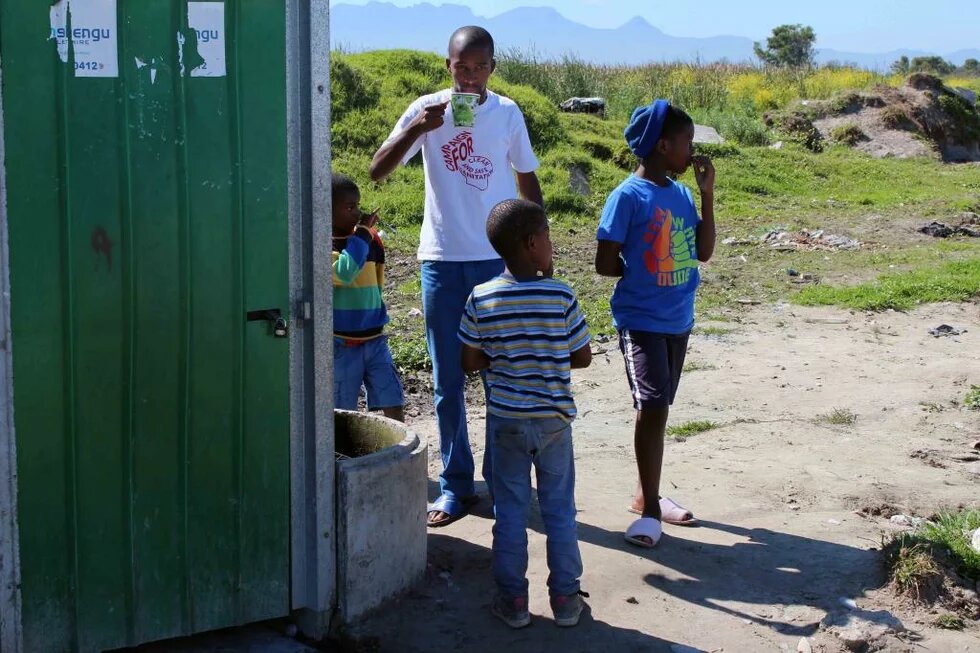
Last week SA’s first social audit report was released. It is the brainchild of the Social Justice Coalition and Ndifuna Ukwazi, a nongovernmental organisation whose director is activist Zackie Achmat. It investigated an issue that has been much in the news — public toilets in Khayelitsha, and in particular the janitorial service Cape Town provides to ensure toilets are maintained.
Social audits could be one answer to a problem discussed here recently — how to ensure that voters hold local governments to account and ensure that they serve citizens. Pioneered in India, they are a vehicle for people living in poverty who seek to make government work for them.
The audits first make grassroots citizens aware of government policy commitments or legal obligations on issues that concern them. They then equip them to investigate whether the government is doing what it is meant to do. Their findings are distilled in a report that is used to open a conversation with municipal government. This begins with a meeting at which the findings are revealed: the Cape Town report was released at a public meeting attended by Khayelitsha residents, Western Cape premier Helen Zille, national government representatives and municipal councillors and officials. This is meant to begin a discussion between the audit’s authors and the city authorities, which leads to improvements in people’s lives.
This must be an initiative that anyone who supports democracy and better government would endorse. It aims to enable people to hold those who govern them to account. It seeks to equip them with the tools they need to become active citizens — knowledge of the law and policy, the ability to gather information that tests whether the government is honouring its obligations.
It encourages them to use these tools to engage the government in conversation rather than to confront it. And so social audits have been welcomed by some national government departments and agencies as a way to make democratic local government work better. But the City of Cape Town does not see the audit as a step forward — it seems threatened by it, presumably because the audit report, "Our Toilets are Dirty", is critical of the city’s public toilets for the poor and suggests changes.
The city has questioned the motives, accuracy and integrity of those who launched the audit. It has accused them of seeking "self-serving publicity": it wants to know why they didn’t report individual faults to the city instead of going public.
It says that instead of pressing for a better service they should get residents to "take responsibility" for keeping toilets clean and usable. It has demanded to know how much money was spent on the social audit (and has asked to see its financial reports).
This is the standard response of governments around the world who hear the voice of citizens as a threat, not an asset that will help them govern better. It labels the citizens who contributed to the audit as selfish troublemakers with dubious motives, not people trying to draw the government’s attention to a problem. Democratic governments see citizen complaints as a valuable tool that enables them to do what they are meant to do; those who are not democratic see them as a threat. Cape Town’s response does not place it on the democratic side.
Toilets have, of course, been a key source of tension in Cape Town between the Democratic Alliance and the African National Congress. Neither side has behaved well and this may have created an atmosphere in which the council sees any criticism from Khayelitsha as a threat. But, while this may be an explanation, it is not an excuse for an attitude that sees an attempt to engage constructively as a threat.
Would Cape Town prefer citizens who participated in the audit to take to the streets? What other option do they have if local government does not want to talk?
We do not know whether other councils, faced with an audit criticising them, would behave in the same way: contempt for people who live in poverty and a tendency to see all constructive criticism as a declaration of war is not the monopoly of any of our parties. But we do know that any council that sees citizens who want to complain to it as an enemy will get no better at meeting the needs of voters or making them feel that their public representatives care about them.
We also do not know whether the Cape Town social audit will be followed by others. But, if we want an informed and active citizenry and governments that respond it, the audits should become a commonly used tool and municipalities should see them as an opportunity to build a better relationship with citizens.
It is hard to hear criticism from those you represent. But that is what democratic representatives are meant to do. And it is surely better than dealing with crowds on the streets demanding your head.
• Friedman is director of the Centre for the Study of Democracy.
This article was fierts published here
http://www.bdlive.co.za/opinion/columnists/2014/10/08/criticism-is-key-…